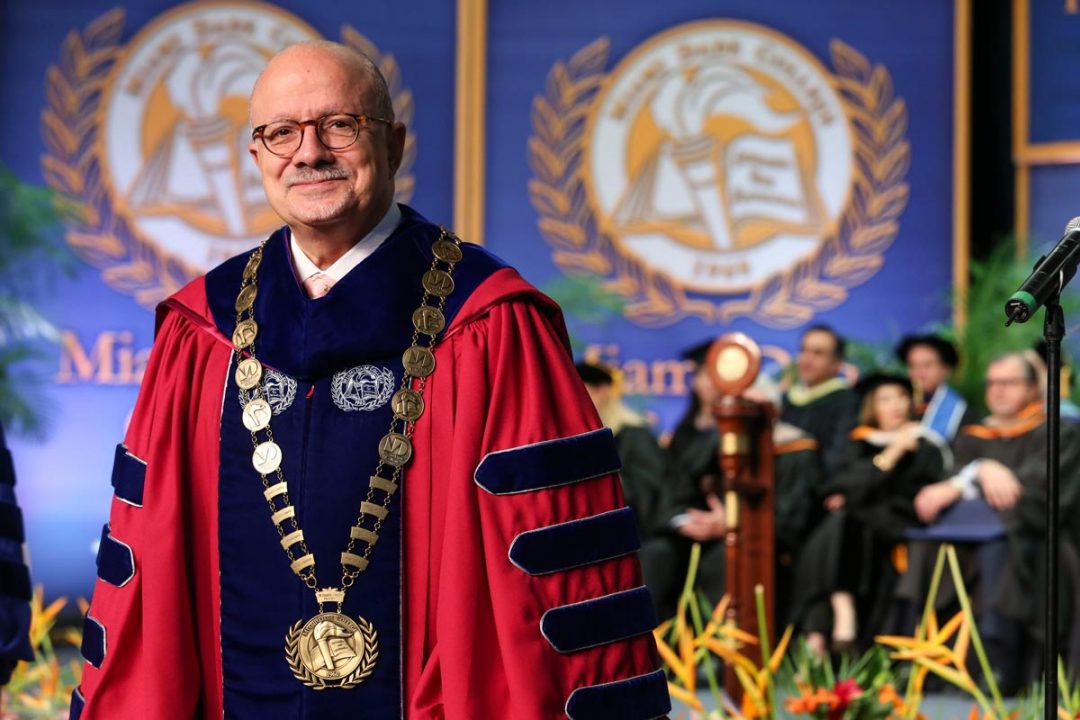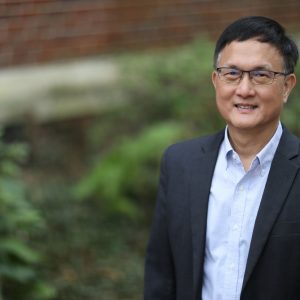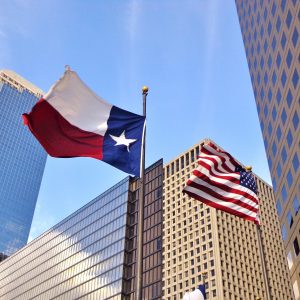Warrington alumnus receives nation’s highest civilian honor
Dr. Eduardo Padrón (Ph.D. ’70), the President of Miami Dade College, received the Presidential Medal of Freedom on Nov. 22 during a ceremony at the White House.
The Presidential Medal of Freedom is the nation’s highest civilian honor, presented to individuals who have made especially meritorious contributions to the security or national interests of the United States, to world peace, or to cultural or other significant public or private endeavors.
Dr. Padrón has been one of the most effective and influential national voices for access and inclusion in higher education. Miami Dade College, which has an enrollment of approximately 165,000 students, enrolls and graduates more minority students than any other institution in the U.S. Dr. Padrón’s tireless work elevating Miami Dade College to national prominence and providing minority, low-income, and immigrant students access to a quality education has earned him numerous honors, and allowed him to serve in important roles for six U.S. Presidents. Most recently, President Barack Obama appointed Dr. Padrón Chairman of the White House Commission on Educational Excellence for Hispanic Americans.
Learn more about Dr. Padrón’s experience at the Presidential Medal of Freedom ceremony, the importance of providing opportunities for all students to pursue a college education, and what his experience at UF meant to him.
You’ve received many distinguished awards, and have been recognized numerous times for your work. Where does this honor rank?
I don’t think it gets any better than this. I’m still saying to myself, “I can’t believe it.” You look at the people who have received this honor in the past—heroes, geniuses—I ask myself, “What I am doing here?” But it was an extremely humbling experience, and something I will value forever. It made me feel very grateful to be in this great country, and to receive this from the President of the United States.
Tell us about sharing this honor with such an impressive class of recipients.
I got to spend five hours with people I have admired forever. It was a really wonderful experience to get to know these incredible Americans and their families.
Outside of the actual ceremony and receiving the medal from the President, was there was special moment behind the scenes that stands out?
We played a game [Mannequin Challenge] that was really fun. I’ve had friends calling from all over the world—Algeria, South Africa Argentina—asking me what we were doing. You see these famous people in movies and performances, and then get to know the real people—how great they are, how humble they are. That was a unique experience.
What’s been the response from your friends and colleagues?
I’m not exaggerating, but I am still trying to respond to thousands of emails from all over the world. But the ones I enjoy most are from our students. I’m such a rock star now! I can’t walk on campus without students stopping me and asking questions.
Your mother sent you to the U.S. at age 15, and implored you to attend college to make a better life for yourself. Was that memory front and center during this experience?
That memory has been with me ever since I came to this country. That promise has been my guiding light, and kept me going during difficult times. She was there with me in spirit. I could see her as I was receiving the medal—her and my father.
You’ve done so much to provide students, especially minority, low-income and immigrant students, opportunities to pursue a quality higher education. What more needs to be done to continue to provide those opportunities?
Everything needs to be done. Going to college was once a privilege for the few, but now it’s imperative for every American. Over two-thirds of new jobs require post-secondary education. Not going to college is an induction into a cycle of poverty. A college education is essential to navigate the knowledge economy, the innovation economy. It’s a way to give every American an opportunity, and I want to provide them with same opportunity that made such a difference in my life.
What are your memories from pursuing your Ph.D. at UF, and how did your time here impact you?
UF was the place where I was able to cement a great basis for my education. I had great teachers who opened doors for me. To complete my Ph.D. at UF was a wonderful opportunity. I never thought I was going to be an educator. I wanted to join corporate America and make a lot of money. That was my idea of the American dream. But I found my calling, I found my religion here at Miami Dade College, and that’s what I’ve been doing for more than 45 years. I can’t think of a better job.




